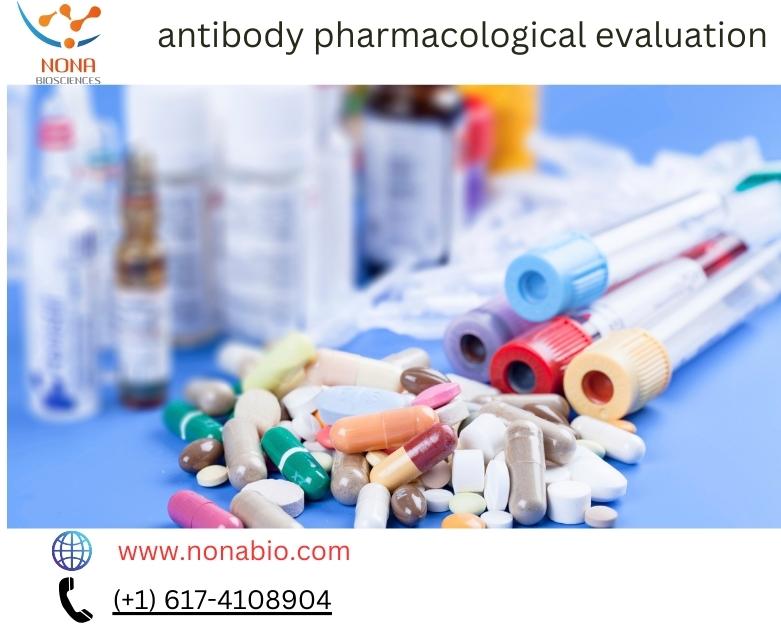This comprehensive analysis paves the way for successful clinical trials and eventual regulatory approvals. In this guest post, we will delve into the significance of pharmacological evaluation in drug development and explore how it is revolutionizing the landscape of modern medicine.
Body:
-
Understanding Pharmacological Evaluation:
Pharmacological evaluation encompasses a range of studies designed to evaluate the pharmacological properties of a drug candidate. These properties include its mechanism of action, therapeutic effects, potential side effects, and optimal dosage regimens. Through a series of in vitro and in vivo experiments, researchers gain valuable insights into how a drug interacts with its target molecules, tissues, and organs, as well as its overall impact on the body. -
Enhancing Efficacy and Safety:
Thorough pharmacological evaluation allows researchers to fine-tune drug candidates to maximize their efficacy while minimizing potential adverse effects. By studying drug-receptor interactions, researchers can optimize the binding affinity and selectivity of a drug, leading to improved therapeutic outcomes. Moreover, pharmacological evaluation helps identify any off-target effects or toxicities, enabling researchers to modify the chemical structure or dosage regimen to enhance safety profiles. -
Pharmacokinetic Profiling:
Another critical aspect of pharmacological evaluation is pharmacokinetics, which involves studying the absorption, distribution, metabolism, and excretion (ADME) of a drug within the body. Pharmacokinetic profiling provides essential information on the drug’s bioavailability, half-life, clearance, and potential drug-drug interactions. This knowledge guides the development of appropriate dosing strategies and ensures that therapeutic drug levels are maintained over a desired duration. -
Accelerating Drug Development:
Pharmacological evaluation plays a pivotal role in expediting the drug development process. By identifying promising drug candidates early on and optimizing their pharmacological properties, researchers can make informed decisions regarding which compounds to advance into clinical trials. This targeted approach reduces the likelihood of costly failures during the later stages of development, ultimately saving time and resources. -
Innovative Approaches in Pharmacological Evaluation:
Advancements in technology and scientific understanding have revolutionized pharmacological evaluation. High-throughput screening methods, computational modeling, and bioinformatics tools have enabled rapid and efficient evaluation of large compound libraries. Additionally, the emergence of organ-on-a-chip and microfluidic systems allows for more accurate prediction of drug behavior in human tissues, reducing reliance on animal models.
Conclusion:
Pharmacological evaluation serves as a cornerstone in modern drug development, offering critical insights into a drug candidate’s efficacy, safety, and pharmacokinetic properties. By harnessing the power of pharmacological evaluation, researchers can optimize drug candidates, accelerate the development process, and bring transformative therapies to patients in need. As technology continues to advance, the potential for even more precise and personalized pharmacological evaluations holds tremendous promise for the future of medicine.

